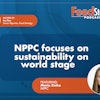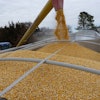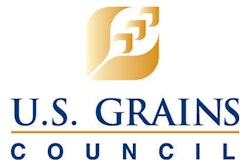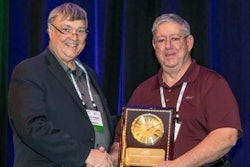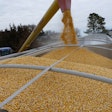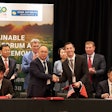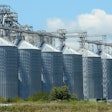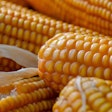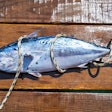An announcement was posted overnight on China’s Ministry of Foreign Affairs' website that the country would again allow U.S. distiller's dried grains with solubles (DDGS) to be imported without charging an 11 percent value added tax (VAT), potentially impacting global DDGS market dynamics for the better.
China will no longer impose an 11-percent value added tax on imports of U.S. DDGS, a high-protein animal feed. |
The announcement was made in a report of key areas of consensus between the United States and China during President Donald Trump’s official visit this week. Other areas impacted include banking, security and autos.
"We are pleased to see this move, which we've been working toward for months," said Tom Sleight, U.S. Grains Council (USGC) president and CEO. "This change will immediately improve the competitiveness of U.S. DDGS in what was once our top market, which is a very positive thing."
In January 2016, China’s Ministry of Commerce announced it would begin anti-dumping and countervailing duty investigations related to U.S. DDGS exports to its country. Those cases resulted in duties applied to U.S. DDGS and the ending of an ongoing exemption from paying the VAT. The combination of the duties and the VAT made U.S. DDGS exports to China even less competitive, affecting market prices and export flows globally. While the VAT has been removed, the anti-dumping and countervailing duties remain.
China's actions against U.S. DDGS elicited a strong and detailed response from U.S. ethanol and DDGS industries, coordinated by the Council. The Council’s staff members in China and the United States have been working closely with the U.S government at the highest levels for nearly a year to emphasize the importance of this $1.5 billion market to the U.S. grains and ethanol industries.
U.S. DDGS exports to China fell from 5.4 million metric tons in 2015 to 3.3 million metric tons in 2016 and just 739,000 tons so far in 2017.
More on the Council’s work in China is availablehere.



